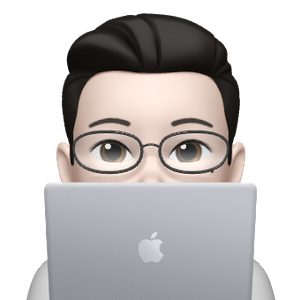In a recent study carried out by psychologists on the disruptive effect of small things, 22 two groups of college students were given word search puzzles. The first group was told to complete the puzzles with its participants' smart things in their line of sight. The second group, however, was told that the phones would interfere with the equipment in the experiment, and would need to be moved away from the testing area. Midway through the second group's solving of the puzzles, the experimenter called one of the phones, let it ring for a while before hanging up. 23 Many of the students in that group were unable to focus from then on, becoming anxious and performing more poorly than the first group.
Use of electronics has also been known to lead to a decline in human interactions. Rather than having real-life conversations, many express emotions and engage in deep conversations through social media sites. Many students use their phones and computers during class for non-academic activities, which leads to poor grades.
24 Perhaps the most dramatic impact is the reduction in the amount of sleep, which leads to poor health and weight gain. Technology is a great tool, however, it's important to recognize its downsides. Lack of sleep, reduction of productivity and weight gain are only a few. 25 If we're not careful about all these minor problems right now, the effect on the future generation is going to be much bigger.
在一项心理学家对小事情的破坏性影响的最新研究中, 22 有两组大学生参加了字谜游戏。第一组参与者被要求使用其视线范围内的供参与者使用的智能设备完成谜题。然而,第二组参与者被告知手机会干扰实验中的设备,因此需要将手机移到测试区域外。在第二组参与者解谜过程中,实验人员拨打了其中一部电话,让它响一会儿再挂断。 23 从那以后,那一组的许多学生无法再集中注意力,他们变得焦虑,表现得比第一组差。
我们知道电子产品的使用也会导致人际交往的减少。许多人通过社交媒体网站表达情感并进行深度对话,而不是在真实生活中进行对话。许多学生在课堂上使用手机和电脑进行非学术性活动,这导致了成绩不佳。
24 也许最显著的影响是睡眠时间的减少,这会导致健康状况不佳和体重增加。技术是一个极好的工具。但是,认识到它的缺点也是重要的。睡眠不足、生产力下降和体重增加只是其中的几个缺点。 25 如果我们现在不注意这些小问题,它们对未来一代的影响将会大得多。
Questions 22 to 25 are based on the passage you have just heard.
- 22
- 单选题
- 分值:14.2
What were the college students in both groups required to do in the study?
22.在这项研究中,两组大学生被要求做什么?
A)解字谜。
B)给智能手机发短信。
C)用手机应用软件测试他们的视力。
D)在实验室里安装一些音频设备。
- 23
- 单选题
- 分值:14.2
What do we learn about many of the students in the second test group after the phone ring?
23.电话响后,关于参与测试的第二组学生,我们了解到什么?
A)直到铃声停止,他们才能继续。
B)他们不能再集中精力完成任务。
C)他们抢过电话,马上打回去。
D)他们要求实验者挂断电话。
- 24
- 单选题
- 分值:14.2
According to the passage, what is the most dramatic impact of smartphone use?
24.根据这篇文章,使用智能手机最显著的影响是什么?
A)情绪问题的增加。
B)体育活动的减少。
C)睡眠时间的减少。
D)学习成绩的下降。
- 25
- 单选题
- 分值:14.2
What does the speaker suggest people do?
25.说话者建议人们做什么?
A)保护年轻一代的视力。
B)采取有效措施提高生产率。
C)认识到技术的破坏作用。
D)确保他们每天有充足的睡眠。


